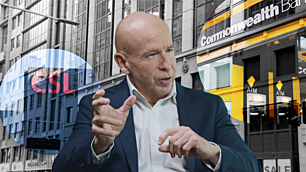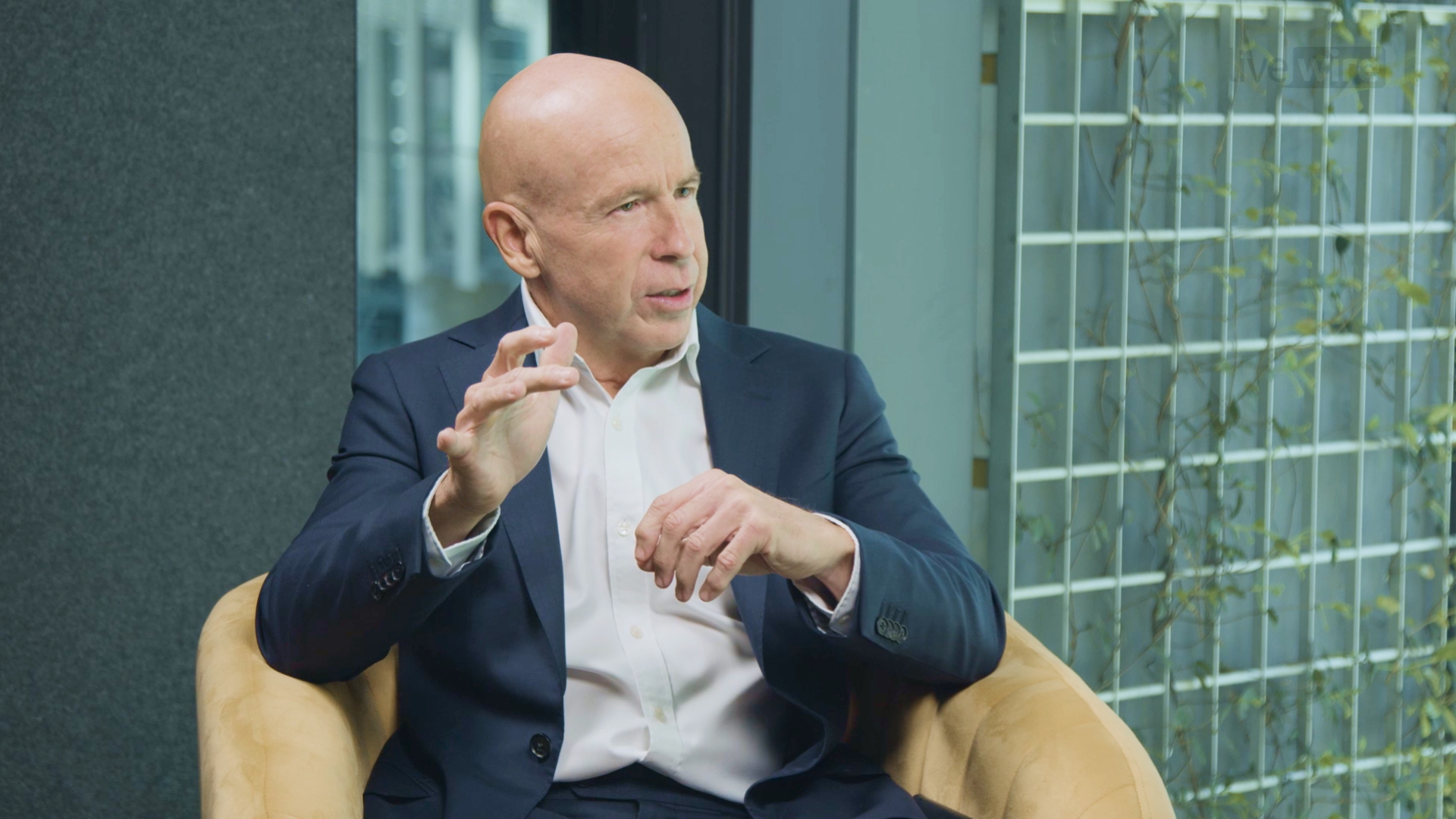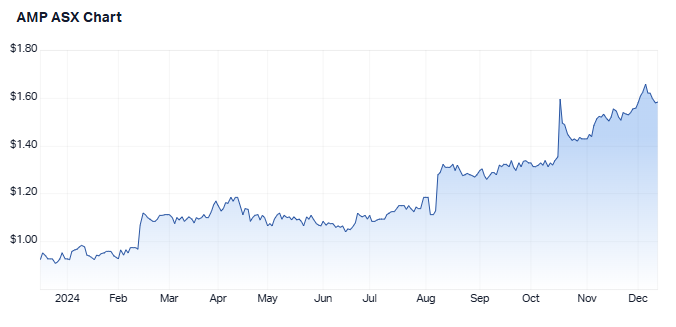Buying an unloved ASX name became one of this fundie's best investments in 2024
In September this year, I sat down for an interview with Elston Asset Management co-founder and portfolio manager, Andrew McKie. You can check out the interview below.

There, he talked about the ongoing opportunity for active managers, despite the broader rise of passive investing and the concentration of performance in a handful of stocks.
McKie pointed out that the performance of the top 10 companies changes significantly from year to year, and that outside of the top 10, there are some high-quality businesses that were being overlooked at the time.
Fast forward to today and McKie has kindly agreed to take part in a Rapid Fire interview, looking back over the key themes from 2024, and casting an eye forward to the opportunities in 2025.
.jpg)
What has been the most important factor for equities in 2024?
The two key drivers of positive performance in 2024 have been Momentum and Growth, influenced by domestic and international economic uncertainties.
Investors have prioritised businesses capable of consistent growth through the economic cycle, particularly those capturing market share or leveraging digital transformation.
Momentum has further fuelled performance, with investors backing short-term winners amid intensified FOMO, compounded by limited selling of outperforming stocks.
Conversely, a "buyer’s strike" has emerged for companies facing uncertain earnings outlooks or headwinds, as evidenced by the underperformance of Value and Cyclical factors. The defining theme of 2024 has been the sharp divergence in performance between businesses with "predictable" earnings growth and those with uncertainty.
What has been the most surprising theme of 2024 and what, if anything, did you do about it?
The most surprising factor in 2024 has been the financial sector's outsized contribution to market performance, driven by the remarkable re-rating of retail banks. Over the past 12 months, retail bank stocks have delivered exceptional absolute returns, making financials a historically significant driver of market performance.
This was unexpected, given the challenging economic conditions that persisted throughout the year. In response, we have reduced exposure to retail banks, reallocating funds to companies with stronger future return potential.
We believe this re-rating is unlikely to repeat in 2025, as valuations now appear stretched relative to historical levels, with limited near-term earnings growth to justify the premium.
What was the best decision you made in 2024?
One of the best decisions we made in 2024 was to maintain and gradually increase our position in AMP Limited (ASX: AMP). This high-conviction choice, grounded in our deep understanding of the advice and platform industry and AMP's strategic initiatives, contributed significantly to the portfolio's performance.

We also benefited from being underweight in iron ore producers such as BHP, Rio Tinto, and Fortescue Metals.
After their strong performance in 2023, we reduced our weighting in these stocks, which proved advantageous given their underperformance in 2024.
What was your worst decision of 2024?
Our worst decision was underestimating the impact of regulatory and government intervention in the higher education sector on IDP Education (ASX: IEL).
While we view IDP as a high-quality business with a vertically integrated model in student placements and English language testing, supported by a strong global platform, short-term cyclical headwinds were greater than anticipated.
We remain confident in its long-term growth prospects, particularly driven by rising international university student demand from India. However, the market's sharp focus on avoiding companies with earnings uncertainty has contributed to IDP's underperformance this year.
What are you most excited about heading into next year?
I look forward to a point where speculation about the Reserve Bank's next move subsides, and rates begin to decline.
Such a shift could broaden market performance as investors seek opportunities in companies poised to benefit from a lower interest rate environment and economic recovery.
The concentrated performance of the financial sector in 2024, which has favoured passive exposures, has created significant performance pressure for active managers.
However, similar periods of sector concentration have occurred in past market cycles, often creating compelling opportunities for active management. We are optimistic about the prospects for active managers to outperform as market dynamics normalise and diversify.
What is the market not paying attention to that could have an outsized impact in 2025?
The market may be underestimating the potential impact of weakening fundamentals in Sydney and Melbourne residential housing markets. Over the past year, property prices have declined in 80% of Melbourne suburbs and 50% of Sydney suburbs (as of October 2024), driven by affordability challenges, delayed rate cuts, increased listings, economic uncertainty, and cautious buyer sentiment.
Coupled with the high valuations and significant weighting of Australian retail bank stocks in the equity market, a shift in investor sentiment could have a substantial impact.
Recent concerns regarding retail banks have focused on arrears, credit growth, and net interest margins. However, heightened attention to risks such as declining asset values, loan security, and impairments could adversely affect market sentiment toward banks while simultaneously weakening credit growth.
What big goal are you setting for yourself in 2025?
My big goal this year is to make the team for the upcoming Elston Games, which wraps up with an 800-meter relay race. Given I’m on the wrong side of middle age, making the cut will be a challenge — but one I’m determined to tackle. Time to start training!
3 topics
2 stocks mentioned
1 contributor mentioned


